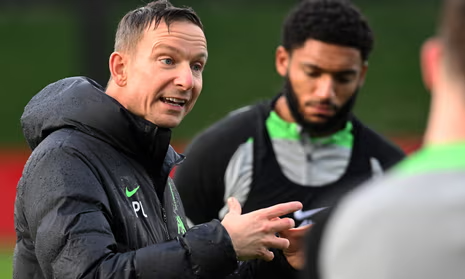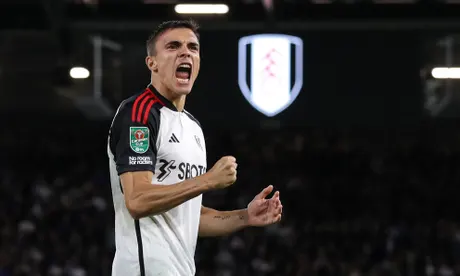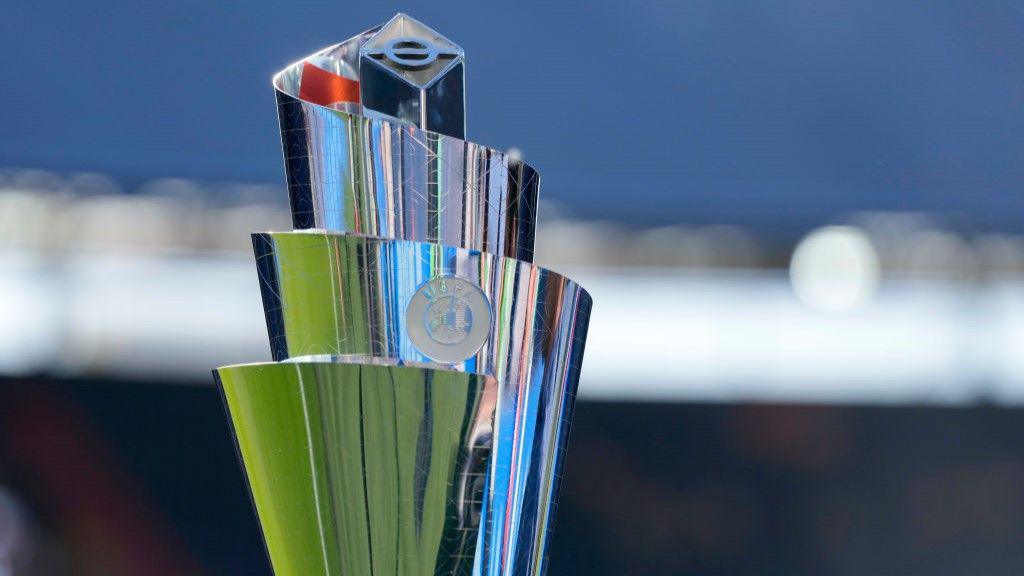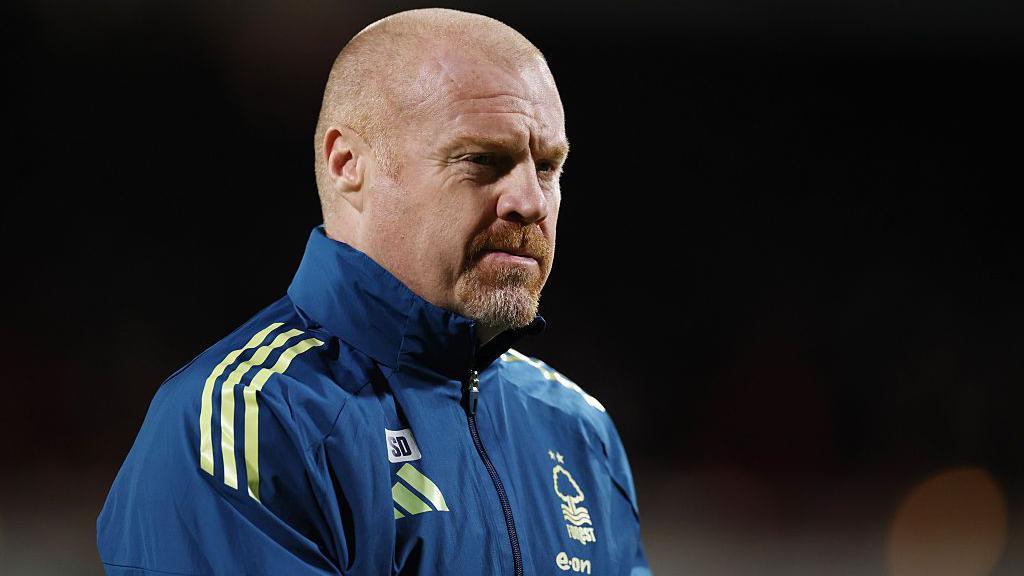
Revitalizing Liverpool’s Ambitions
Pepijn Lijnders, Liverpool’s assistant manager, has shed light on the factors behind Liverpool’s remarkable turnaround this season. He credits their summer transfers, a shift in leadership dynamics, and an unexpected joke about a punch in the face as the catalysts for the team’s newfound vigor.
The Power of Humor in Leadership
During the preseason, Lijnders jokingly warned the squad of a punch in the face to anyone harboring negativity, aiming to leave behind the previous season’s disappointments. This humorous approach, combined with Jürgen Klopp’s leadership, marked a new beginning for the team. Liverpool’s determination to move forward, fueled by fresh talents in midfield and increased leadership roles for players like Virgil van Dijk and Trent Alexander-Arnold, has breathed new life into the team and their manager.
Chasing Glory on All Fronts
Liverpool remains in the hunt for all four major trophies this season, with their next challenge being the Carabao Cup semi-final first leg against Fulham. However, they’ll have to contend without Alexander-Arnold, who suffered a knee ligament injury in their FA Cup victory at Arsenal and will be sidelined for three weeks.
Key Factors in Liverpool’s Revival
- Strategic Recruitment: The club’s investment in strengthening areas of need in the squad.
- Fresh Leadership: Key players stepping up to take on more responsibility.
- Preseason Reset: A clear determination to leave the past behind and focus on the future.
- Lijnders’ Unique Approach: Using humor to boost morale and create a positive team environment.
- Intensive Training: Implementing rigorous training regimes to enhance team performance.

The Role of Management and Player Development
Lijnders on Management and Success
Lijnders emphasized the crucial role of good ownership in a manager’s success, praising Liverpool’s investment in the squad. He noted the energizing effect of working with new talents and the need to reintroduce the team’s philosophy to them.
Emergence of New Leaders
The departure of senior players necessitated the rise of new leaders within the team. Players like Mohamed Salah, Alisson, and Trent Alexander-Arnold have risen to the occasion, showing the way forward with their performances and attitude.
Behind the Scenes: Tactical and Player Enhancements
Curtis Jones’ Impact
Lijnders highlighted the significant contribution of Curtis Jones since the end of the last season, likening it to acquiring a new player. He believes Jones doesn’t receive the recognition he deserves, possibly due to his academy background.
Improvements in Central Defense
Another critical area of improvement noted by Lijnders is the enhanced performance of central defenders, particularly in their distribution and support for offensive plays. This tactical adjustment has been vital in elevating Liverpool’s overall game.
Navigating Challenges: Injuries and Adjustments
Coping with Alexander-Arnold’s Absence
Alexander-Arnold’s injury is a significant blow to Liverpool, but fortunately, it coincides with a period that includes a winter break and cup fixtures, potentially minimizing his absence in Premier League games.
Return of Key Defenders
Lijnders also shared positive news about the potential return of Andy Robertson and Kostas Tsimikas from their injuries, which would be a significant boost to the team’s defensive lineup.
Looking Ahead: Liverpool’s Continued Aspirations
As Liverpool continues its pursuit of multiple trophies, the team’s resilience, strategic planning, and effective leadership remain central to their success. With key players returning from injury and the squad adapting well to tactical changes, Liverpool appears well-positioned to maintain their momentum in the upcoming fixtures.





















